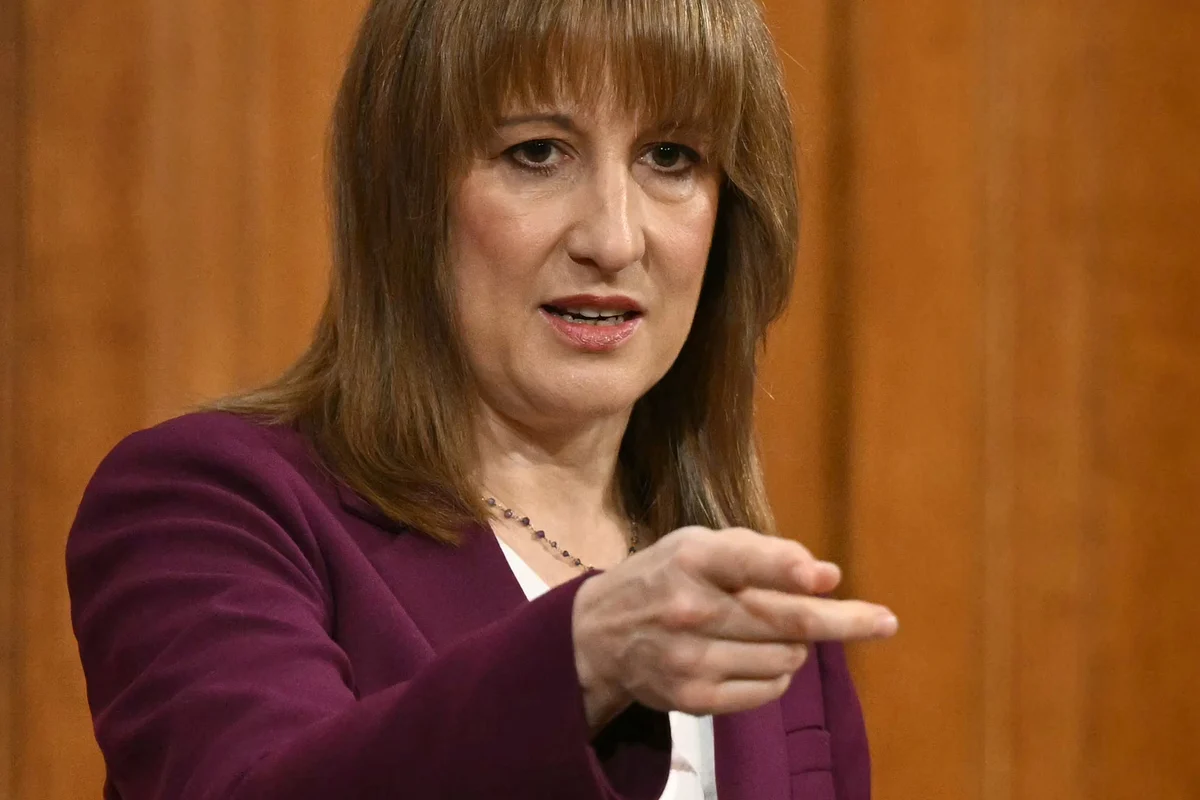Copyright standard

London and the South East are set to be hardest hit by Rachel Reeves with 2.8 million facing a Budget blow from a 2p income tax rise. The Chancellor has left the door wide open to slap 2p on income tax in the Budget on November 26. If she does so, in a huge political gamble, she will rip up Labour’s totemic manifesto promise not to raise the rate of income tax, VAT or National Insurance. Ms Reeves is reportedly also considering a 2p cut in National Insurance contributions for employees, as advocated by the Left-leaning Resolution Foundation think tank which believes it would raise £6 billion, with landlords, the self-employed and pensioners among groups who would pay more. The Chancellor is also said to be mulling limiting the NI reduction to earnings of up to £50,270, after which the higher rate of income tax, currently 40%, kicks in. Such a policy would aim to protect people on modest earnings and who only pay the 20p basic rate of income tax. But people paying the 40p higher rate of income tax would not benefit from the NI cut, with the Chancellor having made clear that she wants wealthier people to bear more of the burden of her latest tax raid. London has the highest number of higher rate income tax payers, according to Government figures, at 1.28 million, followed by the South East at 1.24 million, far more than other regions across England. Ms Reeves is also expected to extend the freeze on income tax thresholds for another two years beyond April 2028. Such a move would see 110,000 more Londoners, and 120,000 more people in the wider South East, dragged into paying the higher rate of income tax, according to House of Commons Library figures. So in total 2,750,000 higher rate taxpayers in the capital and South East face losing out from a 2p income tax rise combined with a partial cut in NI for employees, if the Chancellor does decide to adopt this policy. The fiscal watchdog, the Office for Budget Responsibility, is costing Ms Reeves’ plans and she has yet to make final decisions. The Chancellor is also facing a growing Labour revolt against breaking the party’s flagship manifesto tax pledge. Labour’s new Deputy Leader Lucy Powell has stressed: “We should be following through on our manifesto...There’s no question about that.” On the mooted income tax rise, Eltham and Chislehurst MP Clive Efford said: “If that does happen, then we’ve got a hell of a job to do to explain to people why that was necessary.” Culture Secretary Lisa Nandy insisted Labour takes “our promises very, very seriously and we did make specific commitments around tax in the manifesto,” while adding: “But we were also elected on a promise to change this country.” Ms Reeves is facing having to fill a Budget shortfall, possibly of around £30 billion, partly due to the OBR cutting its productivity forecasts for the UK, and to give herself a bigger economic cushion than the current £10 billion “fiscal headroom”. She is set to come under growing pressure in the run-up to the Budget not to break the manifesto and become the first Chancellor in 50 years to raise income tax. So, she could row back on some of her fiscal measures, including on the extent of the income tax rise blow. But households are set to bear the brunt of her latest tax grab, which follows a £40 billion raid in last year’s Budget, partly to improve public services including the ailing NHS. Given that Ms Reeves has made clear that she wants wealthier people to face the largest tax rises, London and the South East will almost certainly be the two regions hardest hit. Other possible new levies could include changes to pension salary sacrifice schemes, higher council tax bands for expensive properties, a mansion tax possibly on properties worth over £2 million, a new road tax levy for electric vehicles, higher taxes on unearned income such as shares, and increased tax on accountants and lawyers who use limited liability partnerships.



